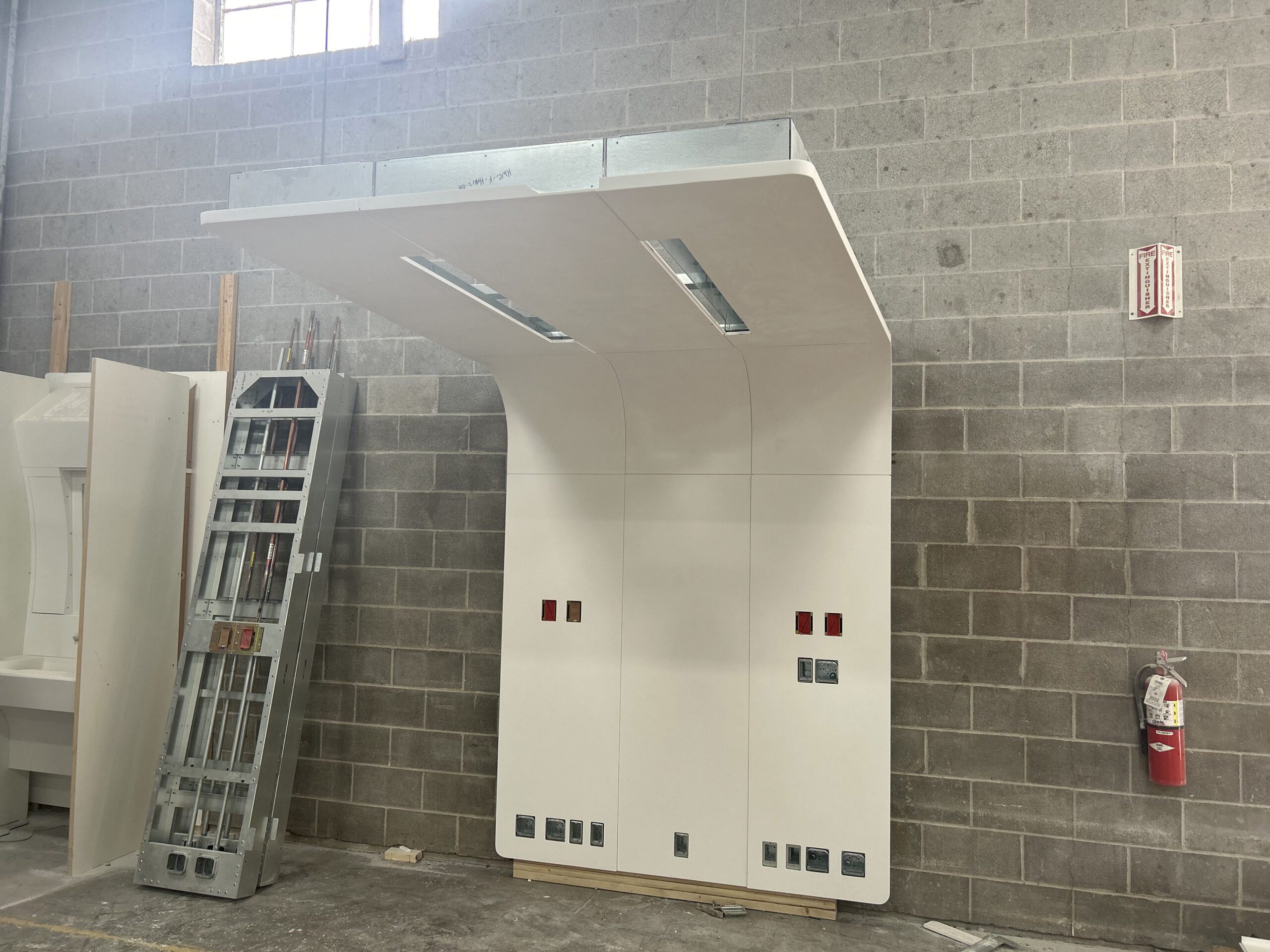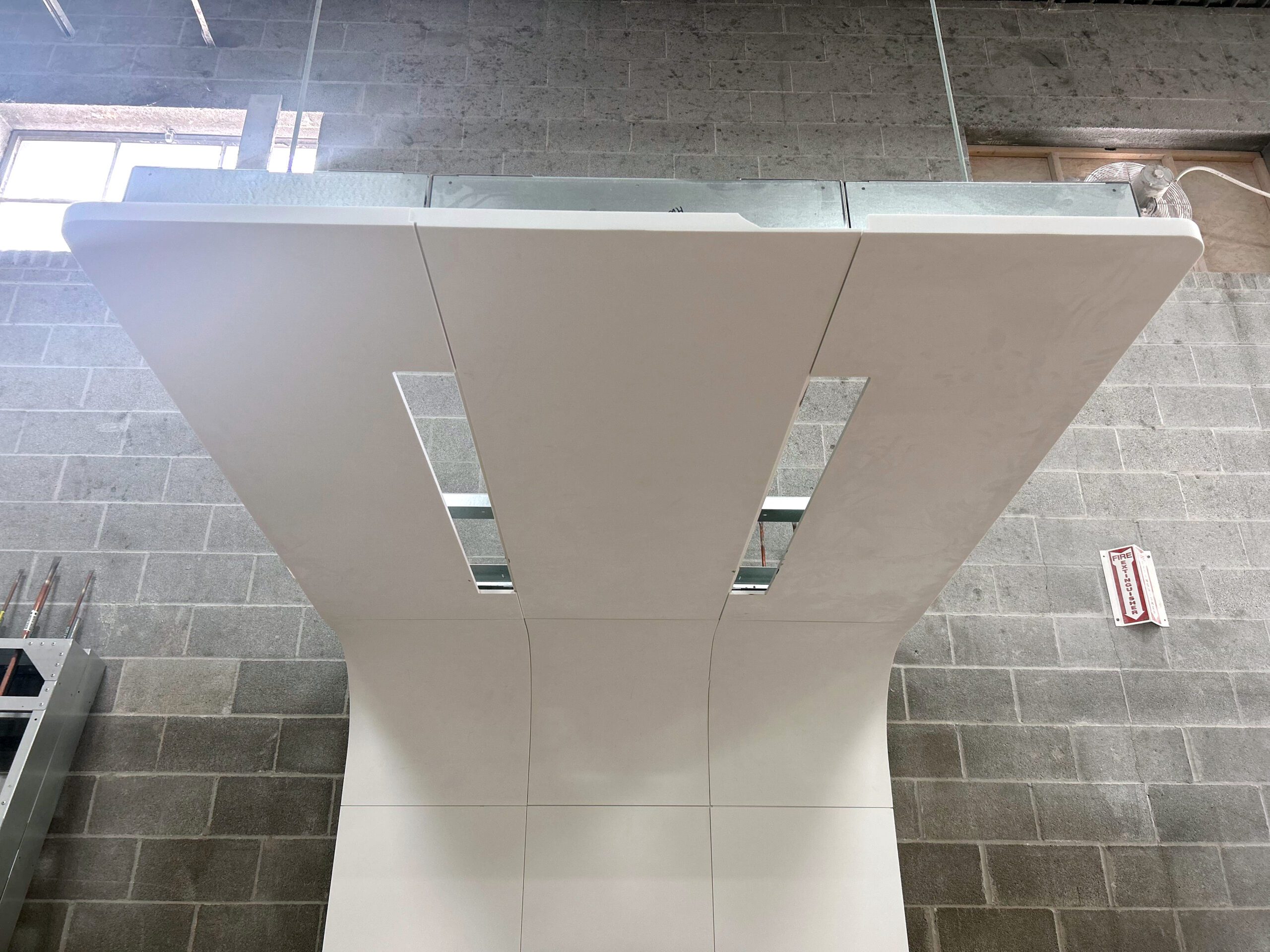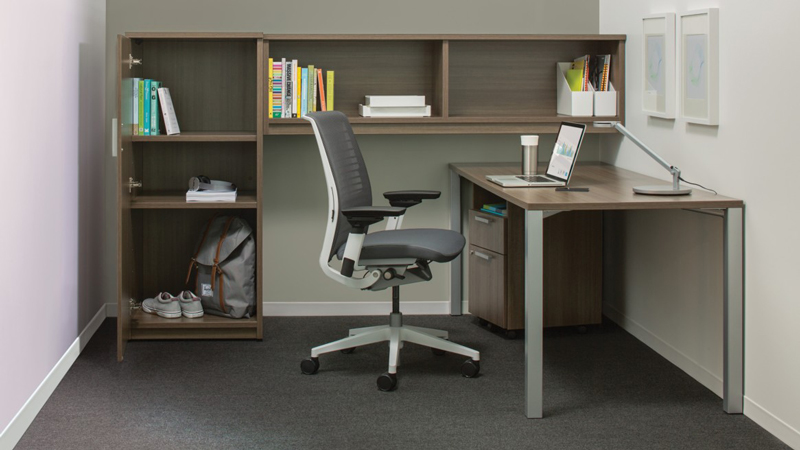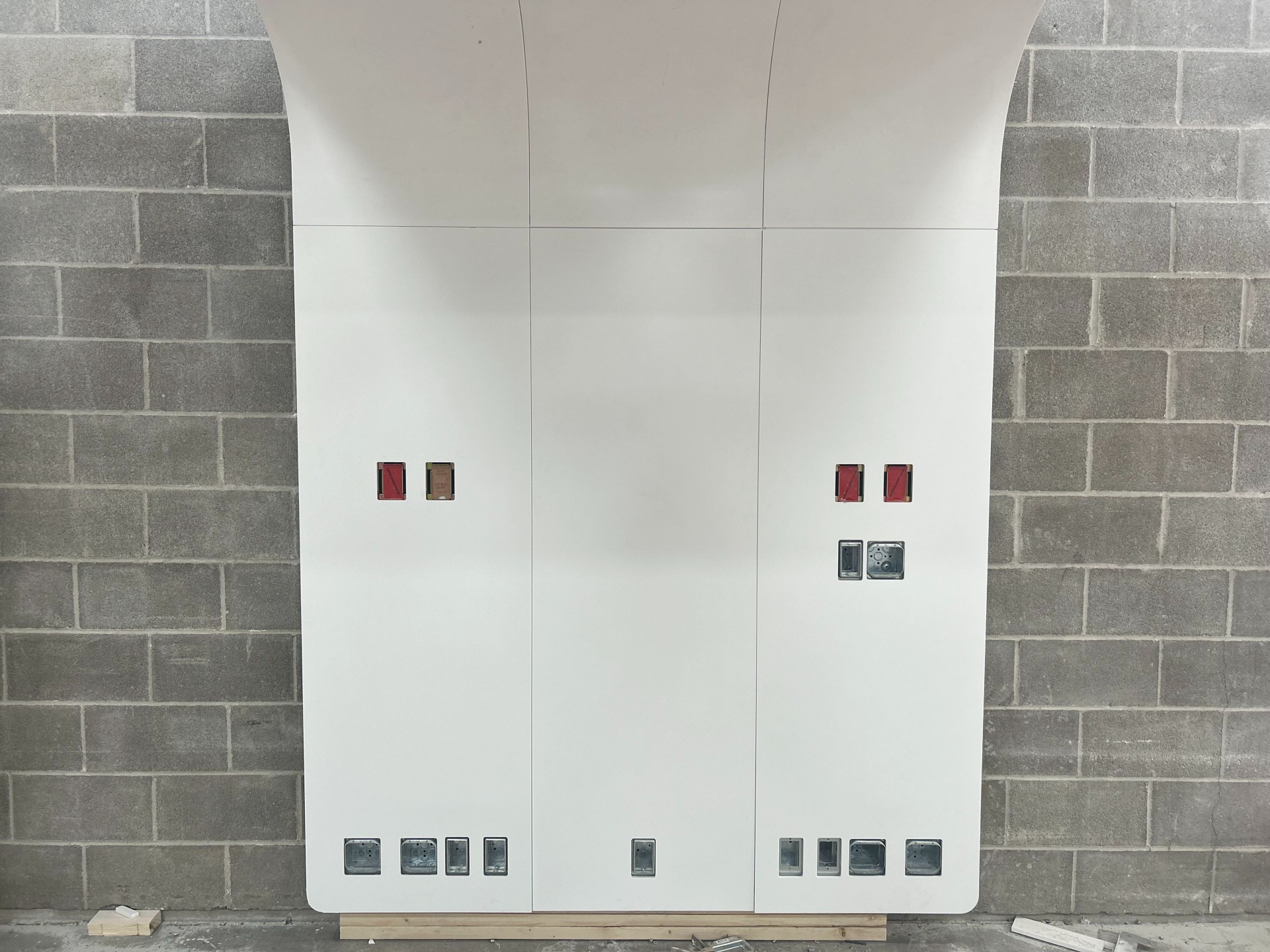The benefits of modular products
Modularity first made its way into the world in the 1930s, with Albert Farewell Bemis’ architectural theories. It has since been adopted and applied to a variety of industries, including computer programming, biology, mathematics and industrial design. There are many benefits of modular products, including their quicker production speed and lower costs. Today we’re breaking down the benefits of modular products and their architectural applications in a number of industries, as well as how we apply modularity to our very own products.
What is modularity?
Modularity can vary in definition, depending on the context and industry. However, in general, modularity refers to something constructed of standardized units—modules—that can be separated or combined to create a complete product.
A simple example is a sectional couch. Composed of multiple small, individual units, a sectional couch can be rearranged in a variety of ways, depending on the space and user’s preferences.
In our terms, modularity looks like putting separate pre-fabricated panels together which creates a full product, take our headwalls for example. Beginning as multiple parts, once everything is put into place, you see the entire vision and installation time is cut in half.
Benefits of modular products
Modular products provide a wide range of benefits for manufacturers and consumers alike.
For manufacturers:
- Shorter learning curves in understanding production
- Quicker manufacturing of smaller, individual modules
- Concurrent engineering possible (multiple engineers simultaneously work on multiple modules)
- Easy to customize a standard product to specific user needs/preferences
- Cheap to produce due to saved time and less building material
- Easy to meet changes in demand
- Can modify/replace modules easily
- Fast installation
For users:
- Easy to upgrade product in the future
- Easy replacement of deteriorated parts
- Easily customized/arranged to specific user’s preferences
- Cheaper price due to cheaper and quicker production
- Quick installation
- Can reuse/recycle materials; more sustainable
- Can fit changing layouts
Check out Advice Manufacturing for more benefits of modular products and information on modular design.
Modularity in industries
Modular products are highly effective in many industries. The housing industry, for instance, is now well-known for its modular homes, which are manufactured in pieces and then shipped to the site and assembled there.
Other environments that employ modular products include:
- Interior design
- Retail
- Food service
- Hospitality
- Commercial interiors
- Residential interiors
- Work offices
- Education
Modular products in these industries can range from desks and couches to casework and display fixtures. The benefits of modular products in these spaces are numerous. In the ever-changing and ever-growing consumer world, the number of products and customers is sure to increase and decrease frequently. Modular products can easily adapt to these changing settings with a simple rearrangement of the modules.
Therefore, modularity is the perfect extension of mass customization. Modules are quickly produced in a standard format but easily customized to fit individual needs.
Why we use modular construction at Shield
For us, modularity brings with it two main incentives. First, it drastically decreases the time it takes to install a headwall, which means the installation area can be shut down for a shorter amount of time. Unlike traditional building practices where you may have to shut down a hospital wing for a week, with modular construction you can have the headwall fitted into your patient room within a day.
Secondly, it allows for cohesion. When Shield headwalls are put into a healthcare facility and used in multiple rooms the staff will always know where outlets are placed and how the product functions due to the building processes being the same. We keep things simple so your staff can be productive no matter where they are.
Modular products are a win for everyone.








Sorry, the comment form is closed at this time.